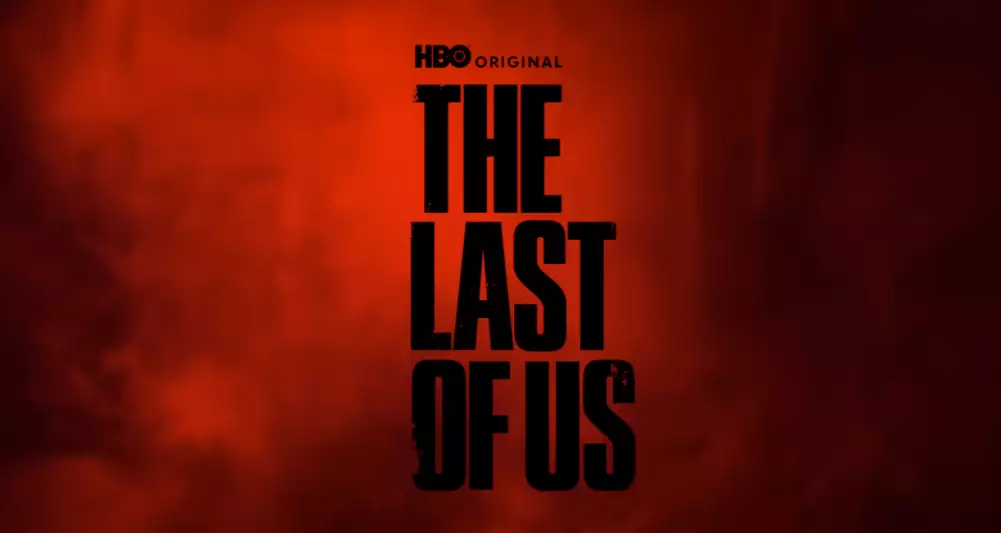The landscape of television is constantly shifting, driven by innovative narratives and unexpected cast choices. HBO’s The Last of Us exemplifies this evolution, particularly with its bold decision to introduce Nickelodeon veteran Josh Peck in a dramatic role. His portrayal of Janowitz, a FEDRA soldier, introduces a complex layer to the ongoing narrative while demonstrating how actors can successfully transition from lighter fare to more serious material. This strategic casting invites viewers to reconsider their preconceived notions about actors, as well as the emotional gravity that comes with intense storytelling. The shock value of seeing a familiar face from childhood drop an incisive monologue against a backdrop of dystopian oppression merits a closer examination.
The Significance of Janowitz’s Monologue
In the opening flashback of Episode 4, Janowitz’s unyielding dialogue serves as a stark representation of the dehumanizing language employed by authoritarian forces in a post-apocalyptic setting. When Janowitz refers to detained survivors as “voters,” the term becomes an unsettling euphemism, stripping them of their humanity and reducing them to mere objects of control. This moment not only reveals the mindset of the oppressive regime but also fuels the narrative tension as we follow the show’s protagonists, who resist such systemic cruelty. Furthermore, the interplay between humor and horror, illustrated in Janowitz’s flippant comment about raping detainees, creates a complex emotional landscape for the audience, challenging them to grapple with the absurdity and brutality of war. Peck’s ability to embody this tenebrous character showcases his skill in navigating disconcerting themes with ease.
Isaac’s Duality and Betrayal
Compounding the scene’s intensity is the character of Isaac, played by Jeffrey Wright, who operates under the guise of loyalty to FEDRA while covertly aiding local rebels. This duality heightens the dramatic stakes and underscores the moral ambiguity prevalent in The Last of Us universe. The betrayal of Janowitz and his comrades unfolds as a pivotal turning point, highlighting the fierce resistance against tyranny. The grenade scene not only serves as a climactic moment in this episode but also symbolizes the broader struggle between oppressive authority and hopeful rebellion. This intersection of personal choice and systemic violence compels viewers to rethink the ethical implications of loyalty and betrayal, rendering the show’s narrative multidimensional.
Josh Peck’s Reflective Journey
Peck’s reflections on his role present a fascinating juxtaposition. A self-proclaimed “wimp,” his candid admission about the difficulty of watching Season 1 of The Last of Us reveals vulnerability, contrasting sharply with the dark themes his character embodies. His journey from comedy to serious drama speaks volumes about the capacity for growth within the entertainment industry, signaling an evolving landscape where actors can redefine themselves both personally and professionally. His comments on how collaboration with top-tier talent makes the process more seamless reflect a broader trend within filmmaking: the importance of teamwork in achieving artistic vision. Peck’s recent experiences suggest that he has found a new level of authenticity, engaging with material that challenges and expands his previous narratives as a comedic actor.
Anticipation for Future Episodes
As Season 2 progresses, fans are left with an exhilarating anticipation for what lies ahead. The introduction of new characters and unexpected storylines generates a renewed sense of investment in the universe of The Last of Us. With three episodes remaining, the stakes are undeniably high. Furthermore, HBO’s announcement of a Season 3 instills hope that this enthralling story will continue to unfold, offering layers upon layers of complexity. Viewers are not just spectators; they are participants in this rich tapestry, feeling the weight of every decision made by characters they increasingly empathize with.
In today’s television landscape, where shock value and emotional depth often intersect, The Last of Us stands out by blending these elements with expertly developed characters. With talents like Josh Peck contributing to the series’ success, audiences are reminded of the intricate dance between light and darkness that defines human experience—a theme that resonates even outside the fictional horrors presented on screen.

